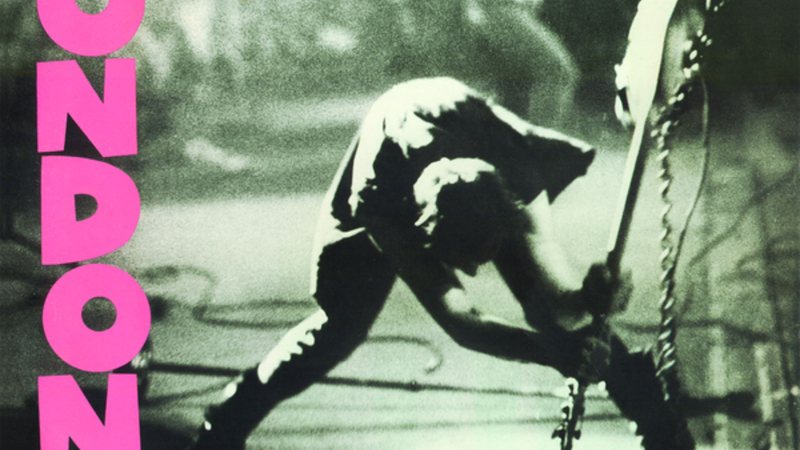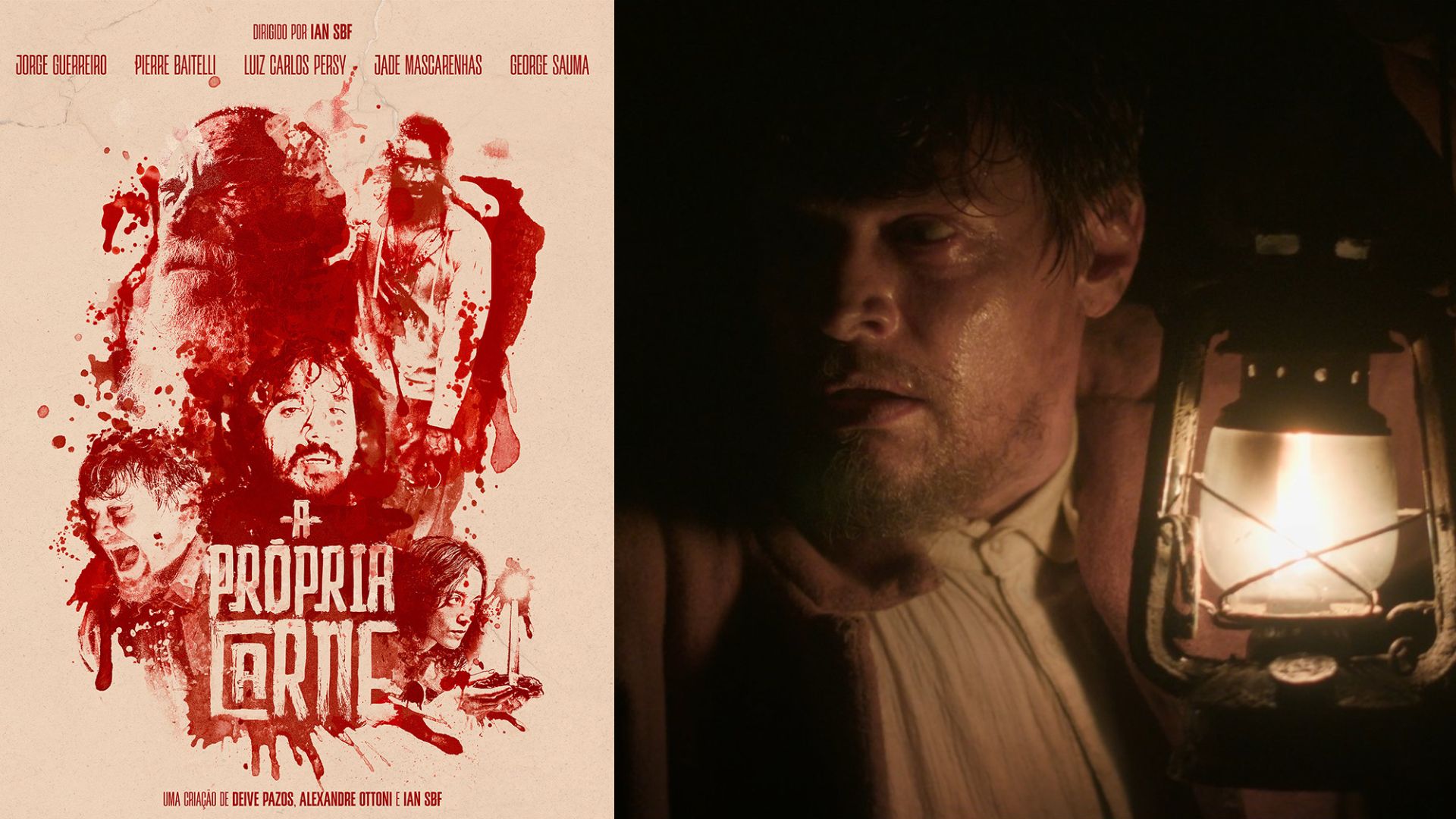Photography by Pennie Smith illustrated the cover of one of the most iconic albums of the 1970s
45 years ago, The Clash launched London Callingthe band’s third studio album. The 1979 album, which included hits such as “Train in Vain (Stand by Me)” and the title track, reached the top ten of the UK charts at the time.
See this photo on InstagramA post shared by Rolling Stone Brasil (@rollingstonebrasil)
Formed by Joe Strummer, mick jones, Paul Simonon and Nicky “Topper” Headonthe English group secured second place on the list of Pitchfork one of the best albums of the 1970s, second only to Lowfrom David Bowie.
The cover of London Calling also became iconic. The artwork shows a black and white photo of Simonon breaking the bass itself, with pink and green letters forming the title.
The photo by Pennie Smith It is considered by many to be the best rock photo of all time.
In 1979, the The Clash He was signed to CBS Records. CBS, in turn, was the parent company of Fender. That’s why, Simonon received new bass models frequently.

On the occasion that the photo of Smith was made, however, the musician used another type of bass, a Precision Bass (P Bass), probably from the early 1970s, heavier and with a lower sound than those that Fender was offering. Among the factors that determined the choice of the instrument was its versatility, which allowed Simonon tour through different musical genres (via fender).
On September 21, 1979, the The Clash performed at the Palladium, in New York, where the seats were fixed. Simonon He used a white Fender bass on which he had painted the word “Pressure.”
While the band tried to get the fans excited, the venue’s security guards tried to keep the audience seated — which led the bassist to the moment photographed by Smith.
“It frustrated me to the point where I destroyed this bass,” he explained. Simonon in a 2011 interview with Fender. “Unfortunately, you tend to destroy the things you love.”
“Strummer He picked up one of the pieces and was about to leave with it. I just pulled it back and said, ‘I think this belongs to me,'” he recalled. The musician keeps remains of the instrument to this day.
Source: Rollingstone
Earl Johnson is a music writer at Gossipify, known for his in-depth analysis and unique perspective on the industry. A graduate of USC with a degree in Music, he brings years of experience and passion to his writing. He covers the latest releases and trends, always on the lookout for the next big thing in music.






![Tomorrow Belongs to Us: What’s in store for Friday 31 October 2025 Episode 2065 [SPOILERS] Tomorrow Belongs to Us: What’s in store for Friday 31 October 2025 Episode 2065 [SPOILERS]](https://fr.web.img4.acsta.net/img/27/7e/277e1f041c48016486ab18771f578de1.jpg)

